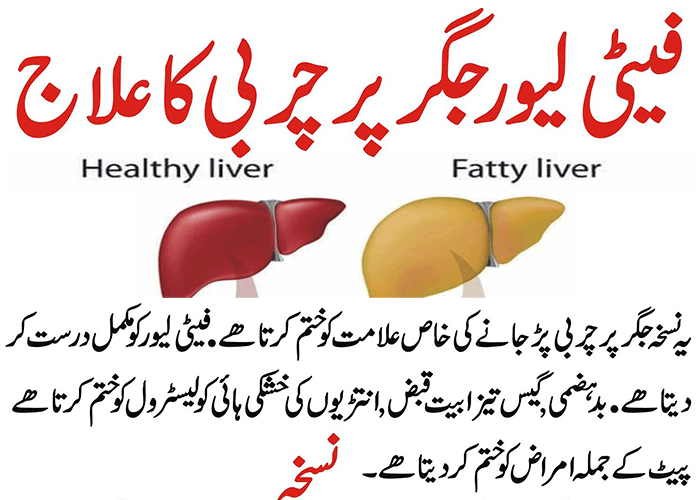
Let’s talk about the thyroid – a small gland in your neck that does big things for your body. It’s like a manager, overseeing how your body uses energy from food. In this article, we’ll look into the thyroid’s role and understand two common problems: hypothyroidism and hyperthyroidism. We’ll cover what causes them, their signs, how they’re treated, and some easy home remedies for a healthier thyroid.
What is the Thyroid? The thyroid gland is a vital part of the endocrine system, responsible for producing hormones that regulate metabolism—the process by which the body converts food into energy. These hormones also play a pivotal role in maintaining body temperature, heart rate, and overall energy levels.
Thyroid and Hypothyroidism Disease
The thyroid has a significant influence on heart function. Both hypothyroidism and hyperthyroidism can affect the heart rate and increase the risk of cardiovascular issues. People with thyroid disorders should be aware of the potential impact on heart health and work closely with healthcare providers to manage and monitor these concerns.

Hypothyroidism: When the Thyroid Slows Down
Hypothyroidism occurs when the thyroid gland becomes sluggish and doesn’t produce enough thyroid hormones. This condition can stem from various factors, with the most common being an autoimmune disorder known as Hashimoto’s thyroiditis. Other causes may include iodine deficiency, certain medications, or previous thyroid surgery.

Thyroid hormones play a role in regulating cholesterol levels in the body. Imbalances in thyroid function can lead to changes in cholesterol levels, potentially increasing the risk of heart-related complications. Regular thyroid check-ups are essential not only for thyroid health but also for overall cardiovascular well-being.








Symptoms of Hypothyroidism
Recognizing hypothyroidism involves paying attention to subtle signs that the body sends. Fatigue, weight gain, dry skin, and hair loss are common indicators. Additionally, individuals may experience sensitivity to cold, muscle weakness, and a slowed heart rate.
Treatment for Hypothyroidism
The primary treatment for hypothyroidism involves replacing the deficient thyroid hormones. This is typically done through medication, most commonly with synthetic hormones like levothyroxine. Regular monitoring and adjustments in medication may be necessary to ensure optimal hormone levels.
Hyperthyroidism: When the Thyroid Goes into Overdrive
On the flip side, hyperthyroidism occurs when the thyroid becomes overactive and produces an excess of thyroid hormones. Grave’s disease, an autoimmune disorder, is a prevalent cause of hyperthyroidism. Other triggers may include thyroid nodules or inflammation.
Symptoms of Hyperthyroidism
Hyperthyroidism often manifests with symptoms that are the polar opposite of hypothyroidism. Individuals may experience weight loss, increased appetite, irritability, anxiety, and a rapid heartbeat. Heat intolerance, sweating, and tremors are also common signs.
Treatment for Hyperthyroidism
The treatment for hyperthyroidism aims to regulate the excessive production of thyroid hormones. This can be achieved through medications that reduce hormone synthesis or block their effects. In some cases, radioactive iodine or surgery may be recommended to address the underlying cause.
Causes and Risk Factors for Thyroid Disorders
Understanding the causes and risk factors for thyroid disorders is crucial for preventive measures. Genetic predisposition, gender (women are more prone), and age can contribute to thyroid dysfunction. Environmental factors, such as exposure to radiation or certain medications, also play a role.
Home Remedies for Thyroid Health
While medical intervention is essential for managing thyroid disorders, certain lifestyle changes and home remedies can complement conventional treatments.
Balanced Diet: Ensure your diet includes sufficient iodine, selenium, and zinc—essential minerals for thyroid health. Seafood, dairy products, nuts, and seeds are excellent sources.
Regular Exercise: Physical activity can help regulate metabolism and improve overall well-being. Aim for at least 30 minutes of moderate exercise most days of the week.
Stress Management: Chronic stress can impact thyroid function. Incorporate stress-reducing activities such as yoga, meditation, or deep breathing exercises into your routine.
Adequate Sleep: Getting enough good sleep is essential. It helps your hormones stay in balance and keeps your thyroid happy.
FAQs
FAQ: Is it Safe to Have a Baby with Thyroid Problems?
Answer: Yes, women with thyroid problems can have safe pregnancies with the right care. It’s crucial to work closely with doctors to adjust medicine and make sure thyroid levels stay steady during pregnancy. Ignoring thyroid issues during pregnancy can be risky for both mom and baby.
FAQ: Can Kids Have Thyroid Problems Too?
Answer: Yes, kids can have thyroid issues, though it’s not as common. Thyroid troubles in children can affect how they grow. Parents should pay attention to any strange signs in their kids, like changes in behavior or energy, and talk to their doctor if they’re worried.
FAQ: Can Thyroid Problems Affect Mental Health?
Answer: Yes, thyroid problems can impact how you feel emotionally. Both slow and fast thyroid can cause mood changes, anxiety, and even feelings of sadness. It’s essential to talk to your doctor if you notice changes in your mood or how you’re feeling.
FAQ: Are Thyroid Disorders Preventable?
Answer: While we can’t prevent all thyroid issues, leading a healthy lifestyle helps reduce the risk. Eating well, exercising, managing stress, and staying away from harmful things can keep your thyroid in better shape. Regular check-ups also help catch problems early.
In conclusion, understanding thyroid health involves awareness of both hypothyroidism and hyperthyroidism, their causes, symptoms, and available treatments. While medical intervention is crucial, adopting a healthy lifestyle and incorporating home remedies can contribute to overall thyroid well-being. By staying informed and proactive, individuals can navigate the complexities of thyroid health with confidence, ensuring a balanced and energized life.






